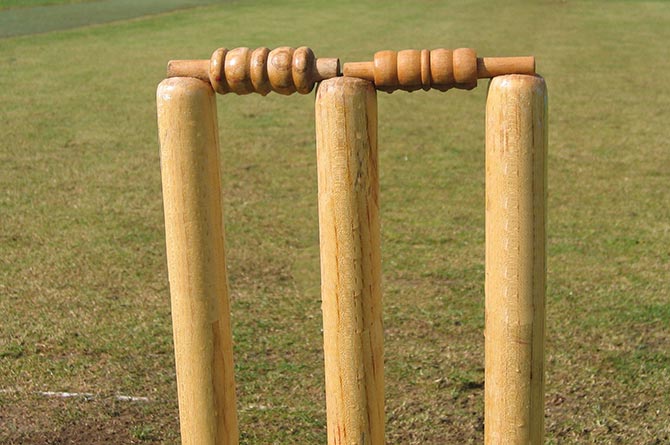Support quality, independent, local journalism…that matters
From just £1 a month you can help fund our work – and use our website without adverts. Become a member today

Welsh cricket clubs are being hit for six-figure bills to cover the cost of safety netting due to housing developments springing up near their grounds, the sport’s governing body warned.
Barry Cawte, chief executive of Cricket Wales, said such planning decisions are threatening the viability and safety of cricket clubs across the country.
Mr Cawte criticised a lack of guidance and accountability in the planning process as he wrote to the Senedd’s culture and sport committee outlining cricket clubs’ concerns.
He said one of the most pressing issues is the increasing frequency of developments being approved adjacent to cricket grounds and the danger of stray balls.
He told Senedd members: “These developments often encroach on formerly protective green buffers, introducing real safety concerns for new residents and placing significant financial burdens on community clubs.”
Sticky wicket
Mr Cawte warned clubs are forced to install protective netting or fencing which typically costs between £80,000 and £100,000 for every ground.
“Sport Wales is not routinely consulted during the planning stages,” he wrote.
“This stands in stark contrast to planning practices in England, where Sport England works in partnership with national governing bodies to assess potential risks and recommend mitigation measures prior to construction.
“Wales currently lacks a comparable system of early-stage engagement and accountability.”
Mr Cawte urged the Welsh Government to revise planning policy to recognise the dual needs of community sport and responsible development.
‘Genuine asset’
The Cricket Wales chief suggested developers should be required to assess and fund any necessary safety measures, such as fencing or ball-stop netting.
On behalf of cricket clubs across Wales, Mr Cawte called for formal consultation with Sport Wales or governing bodies when new homes are proposed near sports grounds.
“Such a policy would preserve the functionality and appeal of cherished green spaces like cricket grounds,” he wrote in his appeal to the Senedd culture committee.
“A clear policy would support community sport, specifically cricket, in not carrying the financial burden.
“Far from being an obstacle to development, well-maintained and accessible sports grounds are a genuine asset to new communities, contributing to their health, identity and overall wellbeing.”
Support quality, independent, local journalism…that matters
From just £1 a month you can help fund our work – and use our website without adverts.
Become a member today
